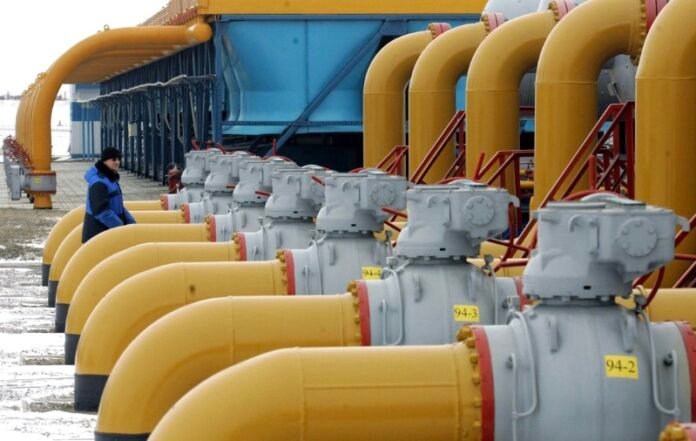European Union energy ministers have agreed to gradually phase out Russian oil and gas imports by January 1, 2028, the Council of the European Union announced on Monday.
At a meeting in Luxembourg, ministers approved a proposal that would prohibit new Russian gas import contracts from January 2026, end existing short-term contracts by June 2026, and terminate long-term contracts by January 2028.
The legislation is not yet final, as EU member states must still negotiate the final version with the European Parliament, which is currently debating its stance.
The move is part of the EU’s strategy to curb Moscow’s energy revenues used to finance its war in Ukraine. Russian gas now represents about 12% of EU imports, down sharply from 45% before Russia’s 2022 invasion. Hungary, France, and Belgium remain among the few countries still importing Russian gas.
The European Commission designed the plan to ensure it could pass despite previous opposition from Hungary and Slovakia, both of which continue to import Russian oil. The measure required support from a “qualified majority” — at least 55% of EU member states — preventing one or two nations from blocking it.
The agreement also provides flexibility for landlocked countries such as Hungary and Slovakia. Slovak Prime Minister Robert Fico has defended his opposition to the energy phase-out and certain sanctions against Russia, which require unanimous approval. Slovakia previously delayed the latest sanctions package over concerns related to the energy import ban.
Separately, the EU is finalizing a new sanctions package that would ban Russian liquefied natural gas (LNG) imports a year earlier, starting January 2027. EU Foreign Policy Chief Kaja Kallas said the new sanctions could be approved as soon as this week.
Libya’s Zueitina Oil Company Contains Minor Pipeline Leak Without Environmental Impact
Source:Africa Publicity








